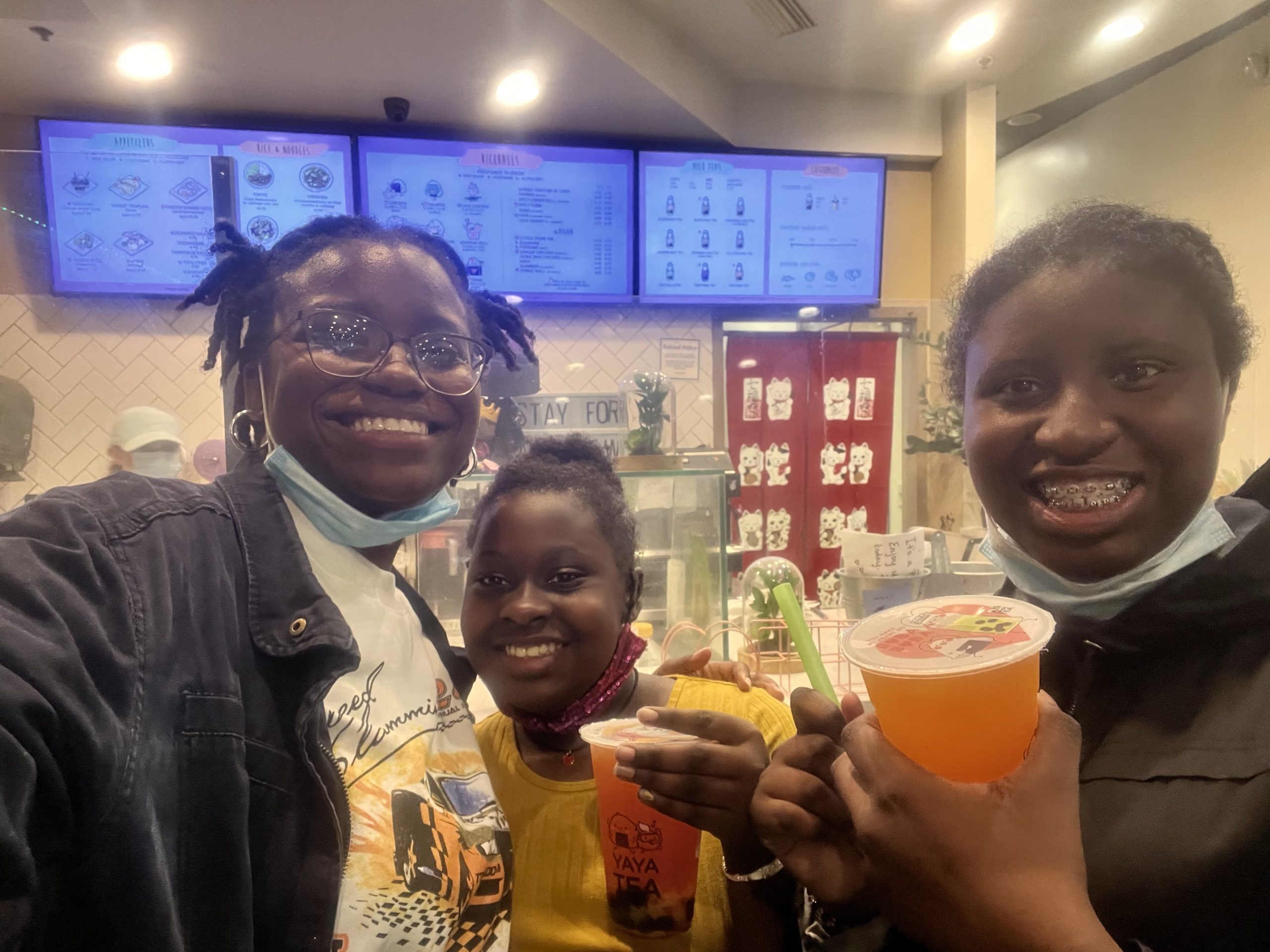To successfully participate in the SMART Mentoring program, students are required to:
- Complete an application and possible interview
- Attend program orientation upon acceptance
- Attend fall orientation and retreat
- Attend mentor/mentee match meeting
- Complete SOCI 444 (Fall) and SOCI 393 (Spring)
- Complete 45 hours of one-on-one time with mentee
SMART Course
Students participating in SMART, or SMART mentors, enroll in a unique two-semester sociology program which includes two sociology courses that provide a foundation for rich learning outside of the classroom. Using core sociological constructs, these courses explore issues of race, class and gender, particularly as they apply to youth.
SOCI 444: Race, Class and Gender
This fall semester course looks at the way race, class and gender (RC&G) are socially constructed and maintained as axes of difference and inequality. Over the course of the semester, we will seek to answer two main questions. First, how have human beings created, sustained and altered the meanings of race, class and gender? Second, how do the constructions and interaction of race, class and gender structure our life chances and outcomes? Four central concepts guide engagement with these questions. First, students explore the social construction of RC&G, meaning that we will not take RC&G as characteristics that “naturally” adhere to individuals. Instead, how societies have built and maintained these systems of categorization should be considered, as well as how they are perceived and experienced. Second, students explore the patterns and impacts of social inequality by RC&G, as well as mechanisms used to explain these unequal outcomes. Third, students explore issues of privilege and oppression, asking how advantage creates and requires disadvantage, and consequently consider the responsibilities of those in positions that benefit from this inequality. Finally, students seek to understand the world through the lens of intersectionality, a framework which posits that race, class and gender are not analytically separable axes but interact with one another to form different configurations of advantage and disadvantage. As a service-learning course, the goal of exploring these issues is to connect the abstract and the concrete. Students apply a sociological lens to their experience as a mentor, to understand the larger social forces impacting the life trajectory of themselves and their mentee, as well as their interactions together. Students also bring mentoring experiences to class in order to bring the abstract to life as well as to analyze course content in light of its utility in making sense of the world around them.
SOCI 393: Service Practicum
The spring semester allows for greater application of course concepts to real-life experience. The educational focus shifts from broad sociological concepts to in-depth exploration of how the constructs of race, class and gender manifest in the lives of youth in Orange County. Students are expected to take an active stance in the experiential component of the course and to spend more time on mentee interactions. Class time is used to offer a “safe-haven” for check-ins about mentoring relationships and challenges. SOCI 393 fulfills the High Impact Experience (HI) requirement as well as the service learning requirement for participants in the Buckley Public Service Scholars program.

 SMART Mentoring engages Carolina undergraduate students and local elementary and middle-school students in mentoring relationships. The program targets students from low-income communities and focuses on issues of race, class and gender. SMART is designed for highly motivated students who are committed to making a positive difference in the lives of youth. Students selected to participate enroll in a fall three-credit hour course and a spring one-credit hour course.
SMART Mentoring engages Carolina undergraduate students and local elementary and middle-school students in mentoring relationships. The program targets students from low-income communities and focuses on issues of race, class and gender. SMART is designed for highly motivated students who are committed to making a positive difference in the lives of youth. Students selected to participate enroll in a fall three-credit hour course and a spring one-credit hour course.